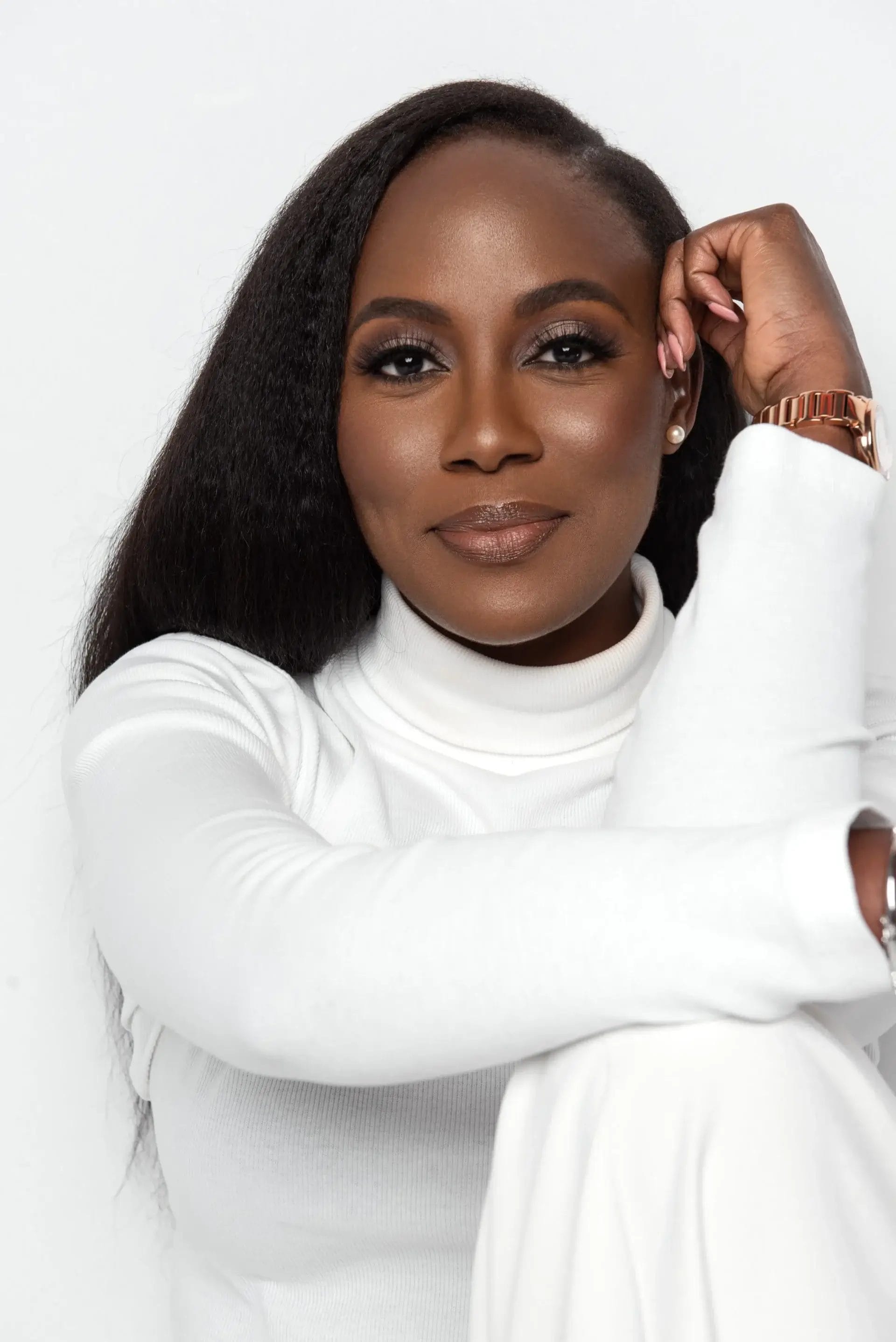In a universe dominated by stars, some shine brighter, not by chance, but by force. Dr. Wendy A. Okolo is one of them. At just 26, she became the first Black woman to earn a Ph.D. in aerospace engineering from the University of Texas at Arlington. Today, she’s not only reshaping how aircraft fly and drones communicate but also how young girls from underrepresented communities see themselves in science, engineering, and leadership. Hers is a story of vision, velocity, and unapologetic brilliance. Welcome to the orbit of Dr. Wendy Okolo.
Born and raised in Lagos, Nigeria, Wendy Okolo’s earliest dreams had nothing to do with rockets. But there was always a spark. A natural curiosity. A love for solving puzzles. Educated at St. Mary’s Private School and Queen’s College Yaba, two institutions that honed discipline and ambition, Okolo thrived in math and science. Still, no one quite imagined she would one day pilot NASA’s next chapter in aerospace autonomy.
In 2010, she graduated with a Bachelor’s in Aerospace Engineering from the University of Texas at Arlington (UTA). Five years later, she shattered ceilings with her doctorate, becoming a name to watch in American engineering circles and a symbol of pride for a continent rarely credited in that narrative.
What sets Okolo apart isn’t just the fact that she’s a Nigerian-born Black woman thriving in the United States’ most elite science environments. It’s what she does there.
After research roles at Lockheed Martin and the U.S. Air Force Research Lab, Okolo landed at NASA Ames Research Center in Silicon Valley, a place where autonomous flight systems, space exploration, and safety technologies for unmanned aircraft systems are actively developed.
Currently a Specialist Research Engineer and Associate Project Manager, Dr. Okolo leads innovation on System-Wide Safety for drones and autonomous aircraft. She also played a key role in developing NASA’s Space Technology Mission Directorate’s high-impact initiatives, earning her a NASA Exceptional Technology Achievement Medal and an Early Career Researcher Award, the first woman ever to receive it at Ames.
She is, quite literally, writing the algorithms for how machines fly without us and more importantly, how they do so safely.
In a world that’s only recently begun to recognize the systemic exclusions baked into STEM fields, Okolo has always stood for more than equations and research papers. At NASA, she’s helped initiate gender-neutral hiring language, secured the creation of nursing rooms, and has become a champion for equity and visibility.
In 2019, she was named Most Promising Engineer in U.S. Government by the Black Engineer of the Year Awards, and also received the Women in Aerospace Award for Initiative, Inspiration & Impact, solidifying her role not just as a technical mind but a cultural force.
In June 2023, Okolo added author to her résumé with Learn to Fly: On Becoming a Rocket Scientist, a hybrid memoir and field guide for emerging talents. Far from a dry technical manual, the book delivers real talk on networking, scholarship hunting, and battling imposter syndrome. It’s filled with anecdotes from her own academic gauntlet, written in the voice of a big sister who’s been through the fire and returned with jet fuel.
When you ask Dr. Wendy Okolo what drives her, it’s not fame or awards. It’s utility. Legacy. The notion that her work must ripple beyond her lab to classrooms, boardrooms, and entire communities.
She’s already consulting on global science diplomacy and STEM policy. There are whispers of future advisory roles with African governments. And, unsurprisingly, she’s become a sought-after speaker across the world, from Houston to Accra to Copenhagen.
In a media landscape where tech idols are too often Silicon Valley billionaires or AI moguls, Dr. Wendy Okolo offers a refreshingly different blueprint: a rocket scientist who codes, leads, writes, nurtures, and uplifts, all while standing firm in her cultural identity.

